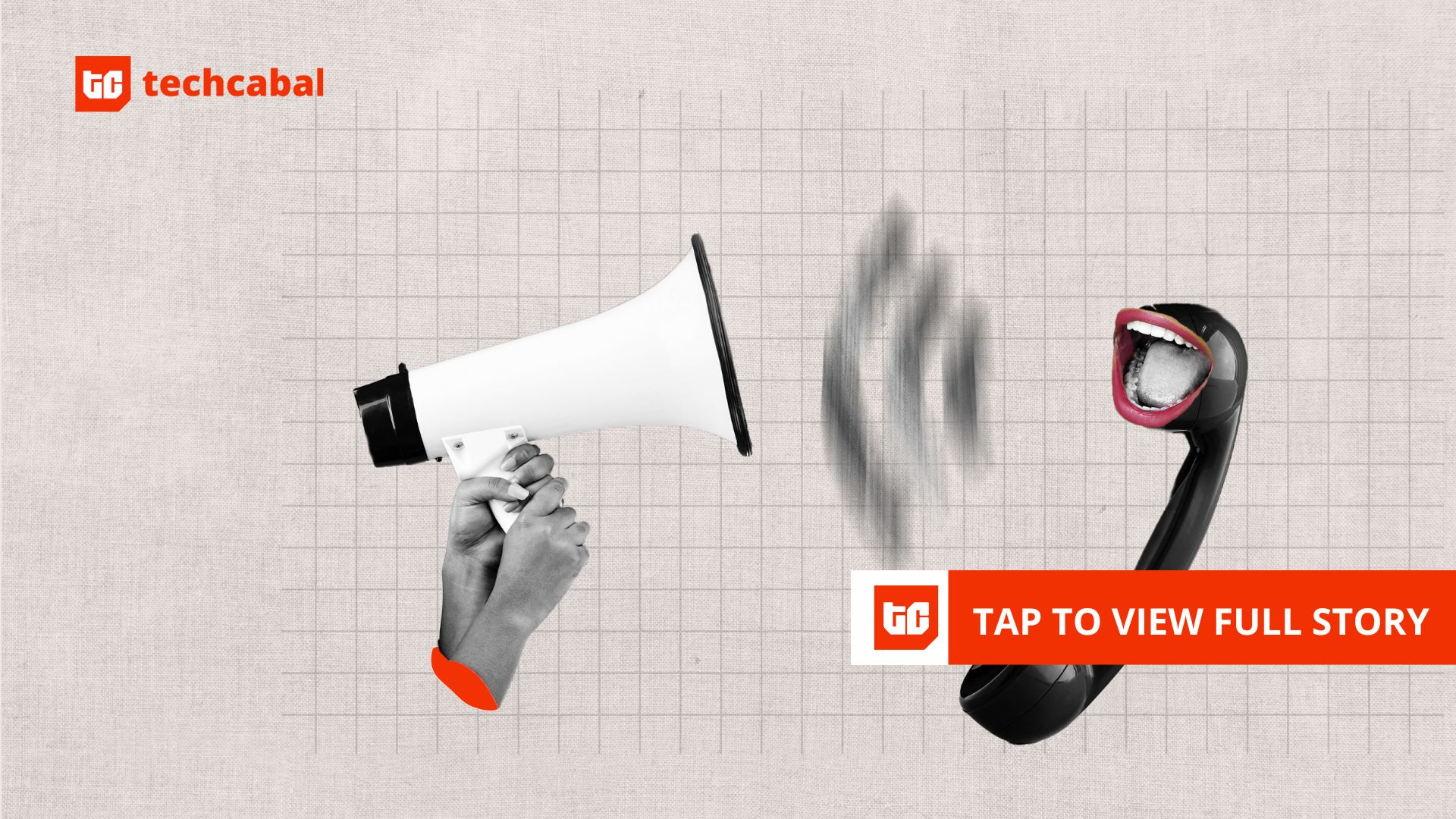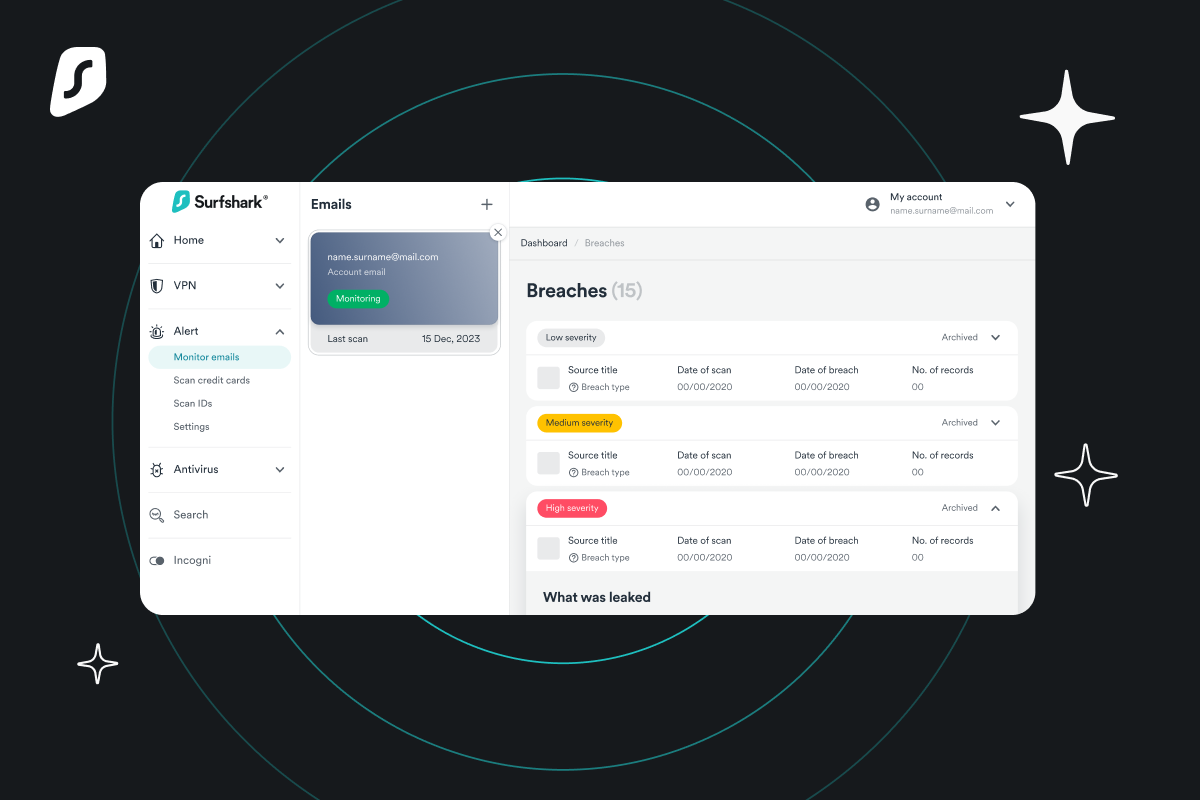Starting Friday, January 10, 2025, Nigerians will pay more for voice calls, SMS, internet data plans, and other telecom services. The Nigerian Communications Commission (NCC) will announce the tariff hike after over a decade of pressure from telecom operators, who have argued that rising inflation and the devaluation of the naira have made current rates unsustainable. Two people familiar with the matter said the hike will be announced on Friday following months of negotiations between telcos and the regulators.
The long-awaited price increase was confirmed by Bosun Tijani, the Minister of Communications, Innovation, and Digital Economy, during a stakeholders’ meeting on Wednesday. While he acknowledged the need for tariff adjustments, he also reassured the public that the hike would not reach the 100% increase some telecom operators had previously sought. Operating costs for telecom companies, Tijani explained, have surged by more than 300% over the past 18 to 24 months.
“It will not be by 100 percent,” Tijani said. “The NCC will soon come up with a clear directive on how we will go about it,” Tijani said.
Telecom companies have been pushing for higher tariffs since at least May 2022, when they proposed a 40% increase. If adopted, this would raise the cost of a phone call from ₦11 per minute to ₦15.40, SMS charges from ₦4 to ₦5.60, and the price of a 1GB data bundle from ₦1,000 to ₦1,400.
Operators have argued that inflation and naira devaluation have made it increasingly difficult to maintain service levels. However, some operators are advocating for a gradual increase, recognizing the financial burden such price hikes could place on consumers.
“We understand the need for a phased approach,” said Dinesh Balsingh, CEO of Airtel Nigeria, in an exclusive Op-ed to . “While the tariff adjustments are necessary, we are committed to supporting our customers through gradual changes. This will allow us to reinvest in infrastructure, expand coverage, and enhance the overall service experience. Our aim is to ensure that Nigeria stays competitive in the global digital economy.”
While the tariff increase is designed to help operators keep pace with rising costs, the government is also taking steps to ensure that telecom infrastructure investment is not left entirely to private companies. The federal government’s ambitious plan to deploy a 90,000km fibre optic network across the country is expected to begin in Q2 2025, aiming to expand broadband access to all 774 local governments.
For Minister Tijani, the dual focus on tariff increases and government-led infrastructure investment is essential to ensuring that all Nigerians have long-term access to reliable, high-quality telecom services.
“We cannot leave infrastructure development solely to the private sector,” Tijani stated. “The government’s fibre optic project will ensure that we lay the foundation for better, more affordable services across the country.”
For Tijani, the telecom tariff increase is being made to ensure people have access to quality service. However, the government will no longer leave infrastructure investments solely in the hands of the private sector. The 90,000km fibre cable project planned by the federal government to be deployed across the 774 local governments in the country is expected to kick off in the second quarter of 2025.











